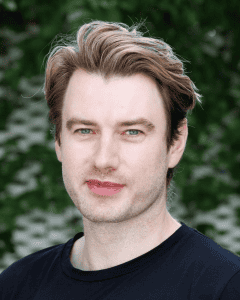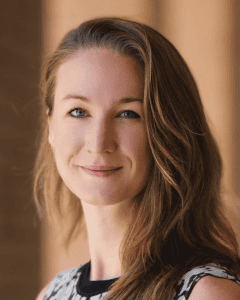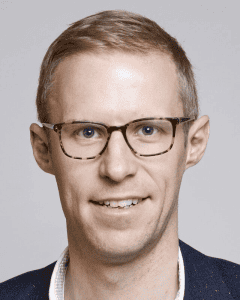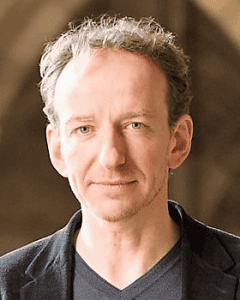Community Event
View Livestream
Wednesday, August 13, 10:00 am – 12:00 pm, Room C1.04
Conversations on Consciousness: How the CCN Community Can Contribute




Paul Linton1, Megan Peters2, Steve Fleming3, Lars Muckli4; 1Columbia University, 2University of California, Irvine, 3University College London, 4University of Glasgow
Abstract
The CCN Community works on a diverse set of topics from perception to cognition to action. But one question that has been relatively overlooked at CCN is consciousness or subjective experience. Our Community Event explores why this is, and how to address it. The key question is how we should think about consciousness in computational terms. This topic has recently come to the fore with discussions of consciousness in AI, but our focus is the human brain: what kinds of computations appear to correlate with consciousness, and how can we model them? But also, how can we be sure we’re tracking consciousness in the first place? Our event will focus on the progress made in three ongoing Templeton adversarial collaborations. But this Community Event will also be a critical evaluation of recent developments in consciousness science, and we ask the CCN Community to reflect on what we might have missed along the way.
Session Plan
Whilst the topics many of us study lend themselves to thinking about consciousness, we believe there are three reasons why consciousness has not played a larger role at CCN, all of which our Community Event seeks to address:
1. Theories: First, we may feel consciousness science is its own distinct subfield, with its own specialized knowledge. So, the first focus of our Community Event is educational: to bring the CCN Community up to speed with recent developments in consciousness science, so that all will be better equipped to engage critically.
2. Computational Models: Second, we may feel that computational approaches have little to say about consciousness. So, the second focus of our Community Event is computational: to highlight existing computational frameworks for consciousness, and draw on the expertise of the CCN Community to develop new ways of thinking about consciousness in computational terms.
3. Experiments: Third, we may feel that collaborations between Cognitive Science, Neuroscience, and Artificial Intelligence in the context of consciousness science are already catered to by Templeton adversarial collaborations on consciousness. But CCN is uniquely placed to inform these collaborations, and to inform and participate in new lines of research they may inspire. So, the third focus of our Community Event is collaborative: presenting the work of three ongoing Templeton collaborations, and opening the discussion to the CCN Community with the aim of informing future work.